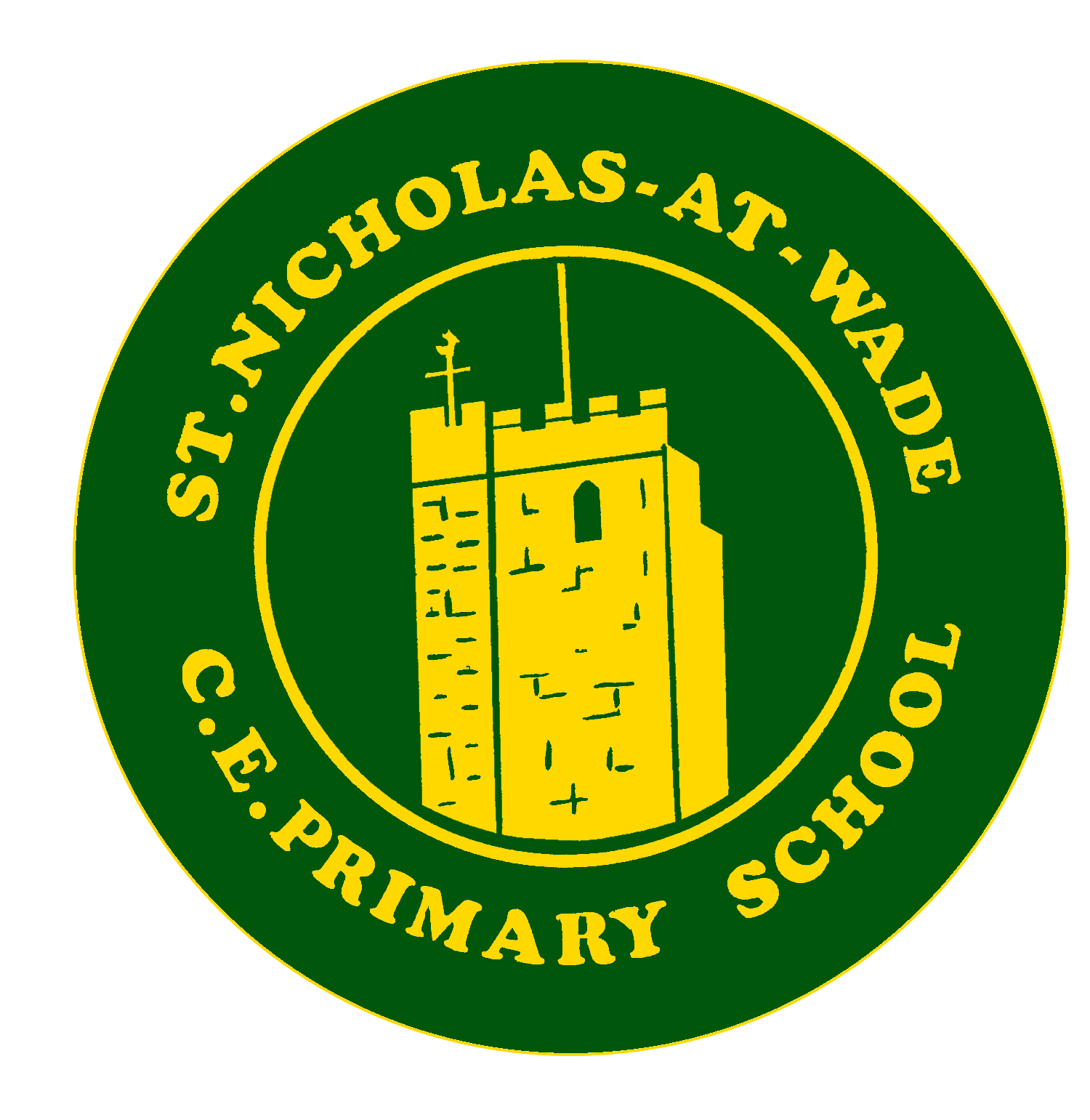Physical Education
IntentThe national curriculum states: A high-quality physical education curriculum inspires all pupils to succeed and excel in competitive sport and other physically-demanding activities. It should provide opportunities for pupils to become physically confident in a way which supports their health and fitness. Opportunities to compete in sport and other activities build character and help to embed values such as fairness and respect. P.E. is considered a vital part of our pupil’s experience in school. As such, we intend to provide valuable opportunities to participate in a wide range of sports and physical activities. We aim to inspire our pupils to lead active, healthy lifestyles and encourage them to make active links with sports clubs within the local community and beyond. Instilling our values is another key aspect of what we deliver at St Nicholas. One of our core behavioural values is ‘being the best that we can be’, this is integral to PE at St Nicholas in terms of pupils aiming to perform at their best and in the way they conduct themselves to team mates or the opposition when competing. We intend to teach children at St Nicholas how eating a healthy balanced diet, combined with participating in sport or regular exercise leads to positive well- being. Implementation
All pupils will have access to the full National Curriculum for P.E. Pupils with specific learning difficulties and disabled pupils will be provided with modified learning programmes, resources and equipment appropriate to their needs. For most pupils, curriculum access will be enabled through the use of modified teaching methods, modified equipment and the deployment of learning support assistants. Our subscription to imoves also provides movement cards so that if pupils need movement breaks they can select one and do this outside their room, then return to class more ready to focus. ImpactPE is a key subject for demonstrating school values, these values of honesty, courage, resilience and kindness are demonstrated within sport at St Nicholas. They radiate through the rest of the school and beyond when pupils compete in front of their families or within their community. Our school receives feedback from parents on their children’s’ sporting involvement and achievement. This is celebrated in worship through sharing certificates and medals. In addition, sporting news is shared with the school community on our weekly newsletters. Pupils at St Nicholas experience a broad, well planned and varied sports curriculum which enables them to develop their physical skills and mental resilience. Our curriculum provides a balance between pupils developing skills and having opportunities to compete in competition to implement these skills. When our pupils participate in intra-house events or attend inter-school competitions; they show ‘the St Nicholas way’ by how they compete and conduct themselves before, during and after the matches. Our pupils understand the benefits of eating a healthy diet and how, through sport and exercise, they can achieve a healthy lifestyle and maintain a positive wellbeing. Many of our pupils are involved in community sports and local clubs. Some compete at district level in football. Our school has been awarded a Gold Sports Mark for our promotion of sport within our school, our inclusivity, our sports leaders and for the vast number of different sports we compete in against other schools.
|
